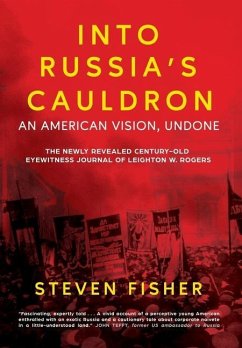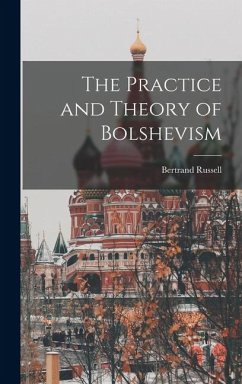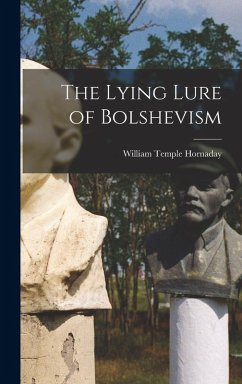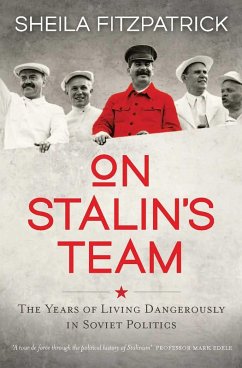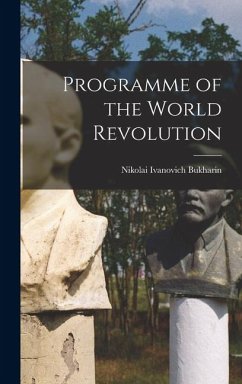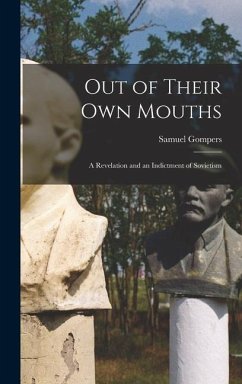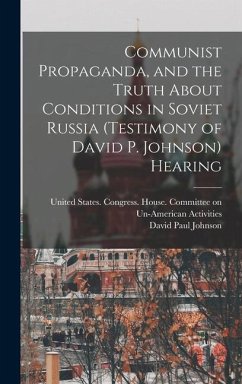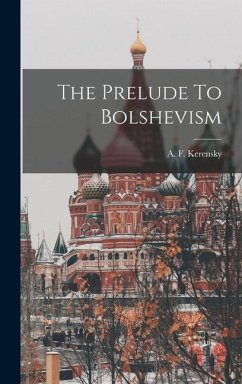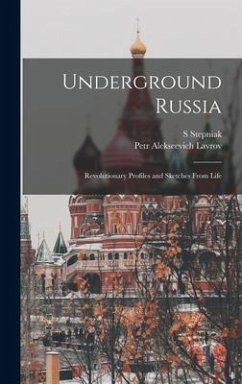Nicht lieferbar
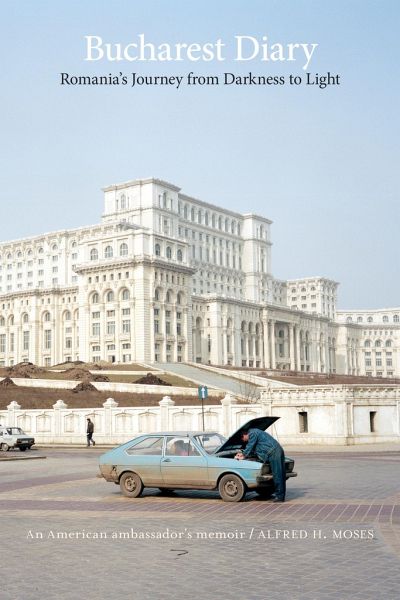
Bucharest Diary
Romania's Journey from Darkness to Light
The Berlin Wall's demise in November 1989 heralded the end of communist regimes across the Soviet-dominated Eastern Bloc. Largely peaceful movements replaced governments in nations throughout Eastern Europe- except in Romania, where the dictator Nicolae Ceausescu clung to power for weeks until he and his wife fl ed the capital city of Bucharest in the face of protests. They were soon captured, tried, and executed. Romania was the only Warsaw Pact country to experience a violent overthrow of its government after the Wall came down. Despite Romania's turbulent transition out of communist rule, t...
The Berlin Wall's demise in November 1989 heralded the end of communist regimes across the Soviet-dominated Eastern Bloc. Largely peaceful movements replaced governments in nations throughout Eastern Europe- except in Romania, where the dictator Nicolae Ceausescu clung to power for weeks until he and his wife fl ed the capital city of Bucharest in the face of protests. They were soon captured, tried, and executed. Romania was the only Warsaw Pact country to experience a violent overthrow of its government after the Wall came down. Despite Romania's turbulent transition out of communist rule, the country today boasts the fastest-growing economy in Europe, a tradition of robust centrist politics, and membership in both NATO and the European Union. In this memoir, American attorney Alfred H. Moses, who was the U.S. ambassador to Romania from 1994 to 1997, tells the saga of how this nation on the Black Sea, the second-largest country in Eastern Europe, transitioned from "darkness to light." Moses describes how he first became involved in Romania through his leadership of the American Jewish Committee's work to help members of the country's Jewish community-which had been devastated by Nazi Germany-emigrate to Israel. From 1976 until the death of Ceaus¿escu, Moses was the main U.S. actor in a complex, and successful, mission to induce Romania to let its Jewish citizens leave, while also helping to preserve Romania's Jewish heritage. Moses tells the story of his work with Romania's Jewish community, his interactions with the democratically elected leaders of post-communist Romania, and his service as U.S. ambassador in Bucharest as the country just began to transition out of the rubble of communism. During his time as ambassador, Moses helped build Romania's nascent democratic institutions, promoted privatization of the economy, and shepherded the nation on the path toward full integration with the West.





